Recent
![Marriage Story [video]](/uploads/articles/marriagestory.jpeg)
Marriage Story [video] (2019)
Noah Baumbach tells persuasive stories about unhappy families. This is one of his most insightful.
![The Irishman [video]](/uploads/articles/irishman.jpeg)
The Irishman [video] (2019)
Robert De Niro, Al Pacino and Joe Pesci star in Martin Scorsese’s decade-spanning gangland opus, which turns out to be a very different movie than it seems … but you have to stick with it.
![Jojo Rabbit [video]](/uploads/articles/jojorabbit.jpeg)
Jojo Rabbit [video] (2019)
Taika Waititi has directed some cracking comedies, but can even he make Hitler funny?
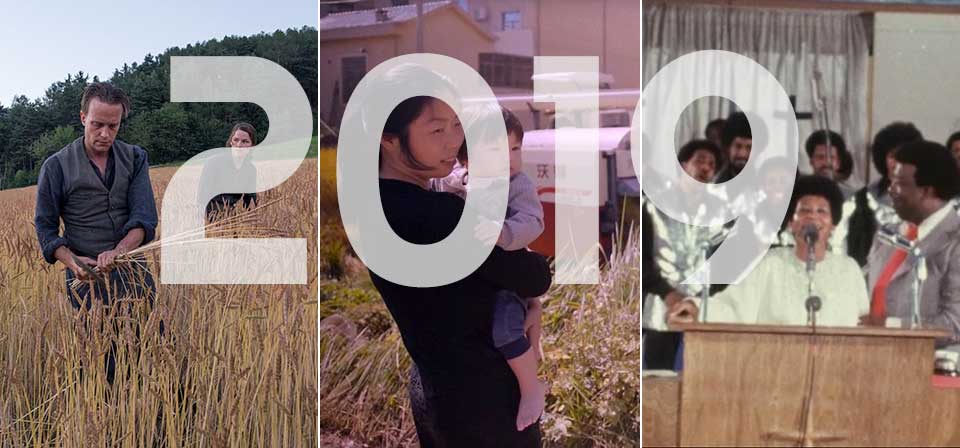
2019: The year in reviews
An exquisite art-house film about a beatified martyr. The triumphant arrival of a belated documentary of a celebrated gospel concert. A fact-based drama about an alliance of devout and unbelieving survivors of clerical sex abuse calling for justice. These are just a few of an unusually large crop of notable films that tackled religious and spiritual themes in 2019.

Star Wars: Episode IX – The Rise of Skywalker (2019)
Let’s face it, they could play John Williams’ ominous “Imperial March” over scenes of Uncle Deadly from the Muppets lobbing Green Goblin pumpkin-bombs at Scrat the saber-squirrel (I mean, they literally could, legally, and you could watch it on Disney+ forever and ever), and many of us would still feel emotions stir.
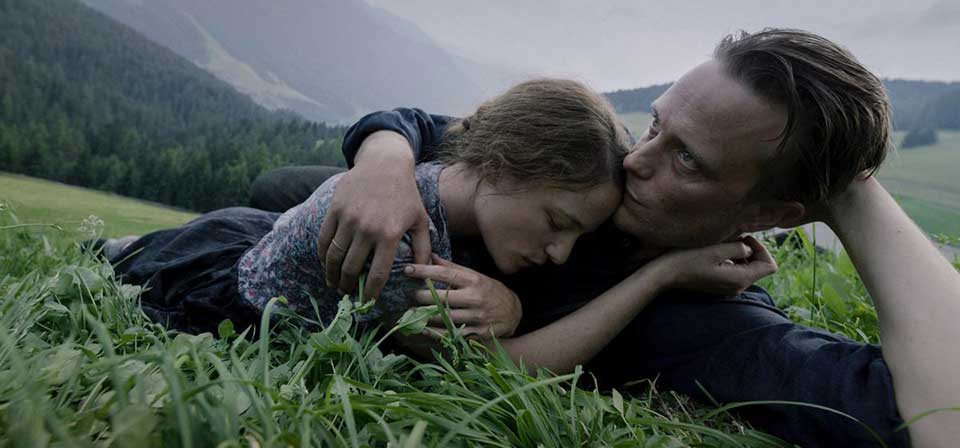
A Hidden Life (2019)
An ecstatic, anguished three-hour cinematic hymn, Terrence Malick’s A Hidden Life sings the life and death of Blessed Franz Jägerstätter in asymmetrical binary form, in contrasting theologies — theology and anti-theology — of the body.
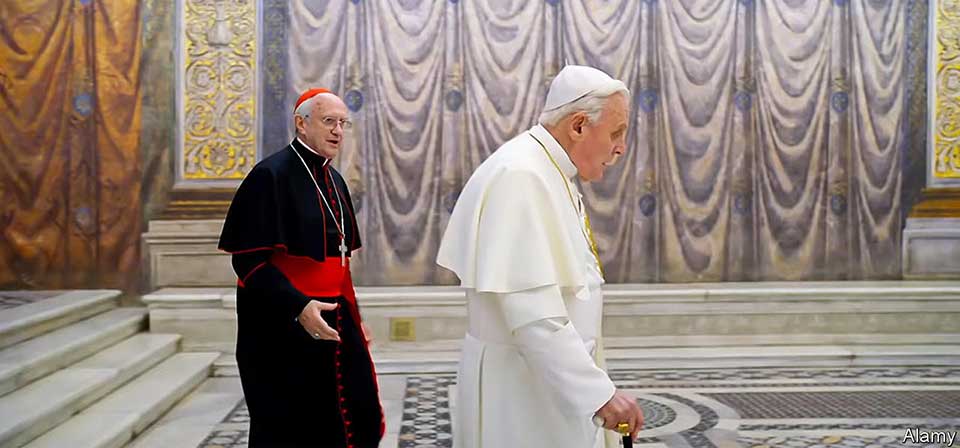
The Two Popes (2019)
For a Catholic critic — or at least for this Catholic critic — a movie like The Two Popes presents a number of temptations.
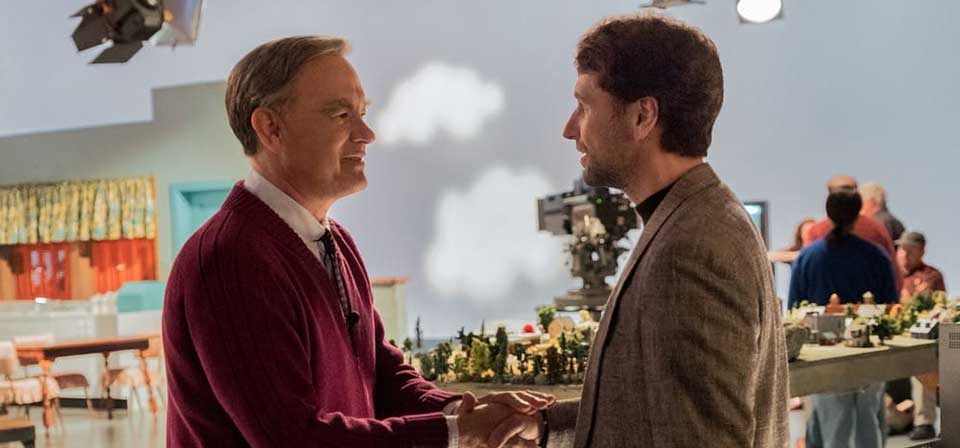
A Beautiful Day in the Neighborhood (2019)
Mr. Rogers’ Neighborhood holds a special place — it would not be too strong to say a sacred place — in the hearts of many. Yet that neighborhood is an infinite distance from where we live now.
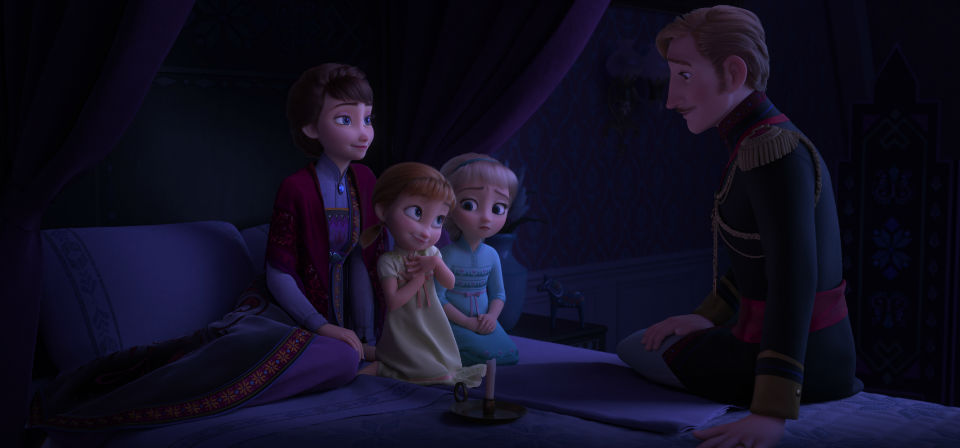
Frozen II (2019)
Anna and Elsa’s relationship is a major improvement on the first film, but in almost every other way this sequel is lost in the woods.
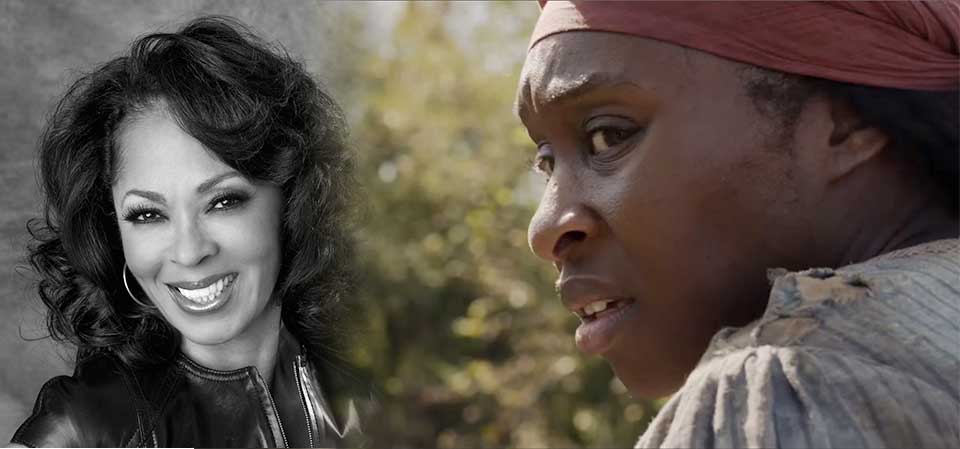
Faith and Ferocity: Interview With Harriet Producer Debra Martin Chase
Harriet’s appeal is multifaceted, appealing to three demographics underserved by mainstream Hollywood fare: women, people of color and people of faith. Producer Debra Martin Chase knows something about these three demographics.
Recent
- Benoit Blanc goes to church: Mysteries and faith in Wake Up Dead Man
- Are there too many Jesus movies?
- Antidote to the digital revolution: Carlo Acutis: Roadmap to Reality
- “Not I, But God”: Interview with Carlo Acutis: Roadmap to Reality director Tim Moriarty
- Gunn’s Superman is silly and sincere, and that’s good. It could be smarter.
Home Video
Copyright © 2000– Steven D. Greydanus. All rights reserved.